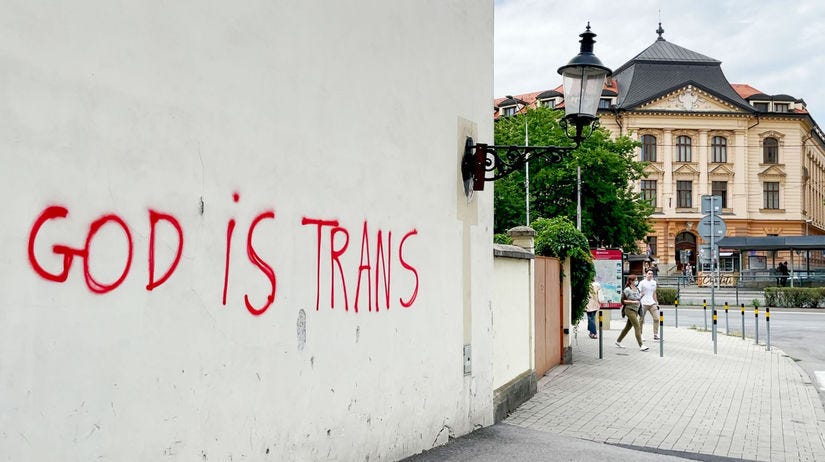A Memoir of the Modern Gender Religion
A guest essay
This document seeks to catalogue how the fingerprints of religion are visible on the modern concept of gender. By bringing to light my story of how a group I joined fell victim to comforting fictions, and noting the patchwork of history adapted into convenient philosophies, I hope to characterize the precursors of a fledgling gender religion. With an understanding of what we face, we can plant green-shoots for fixing communication between different factions and invigorate the search for truth.
Masculinity and Fraternity
Throughout the ages, the male role in society, while sometimes imperious, was often portrayed as protective. In many cultures, men were encouraged to become strong, resilient, noble guardians. The question of what it means to be a good man is as prevalent now as it has ever been. When it comes to gender, the tension between conforming and rebelling is personal to me.




